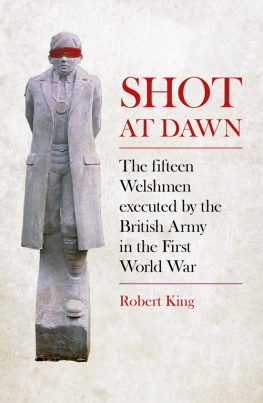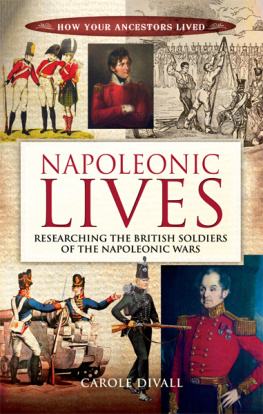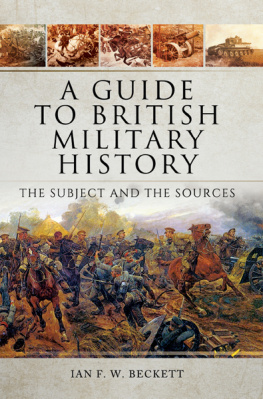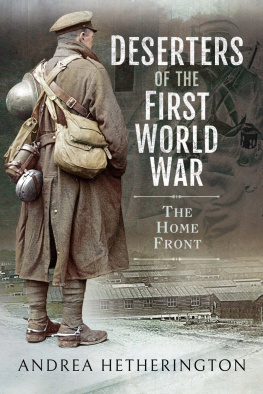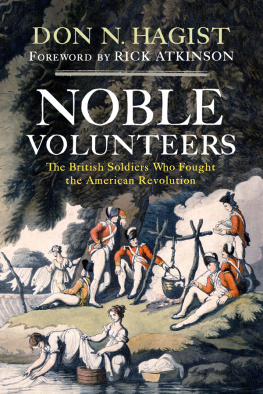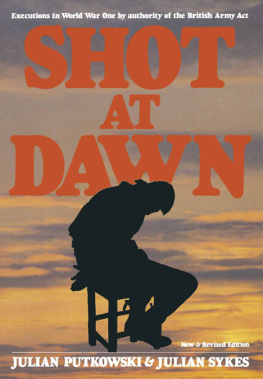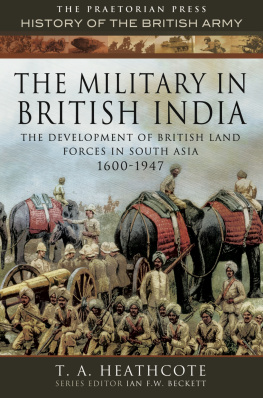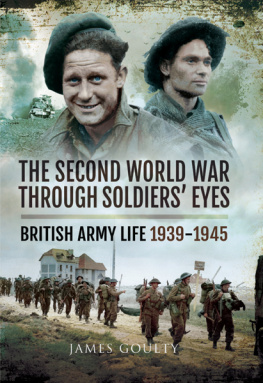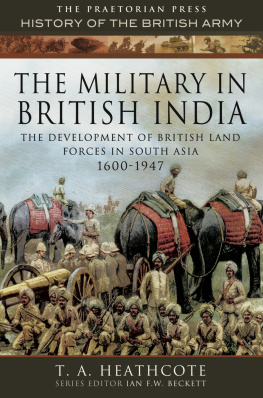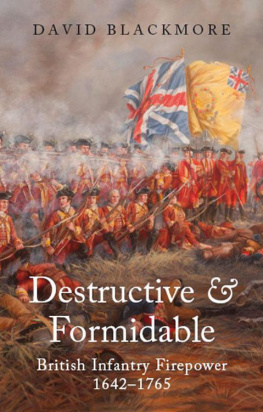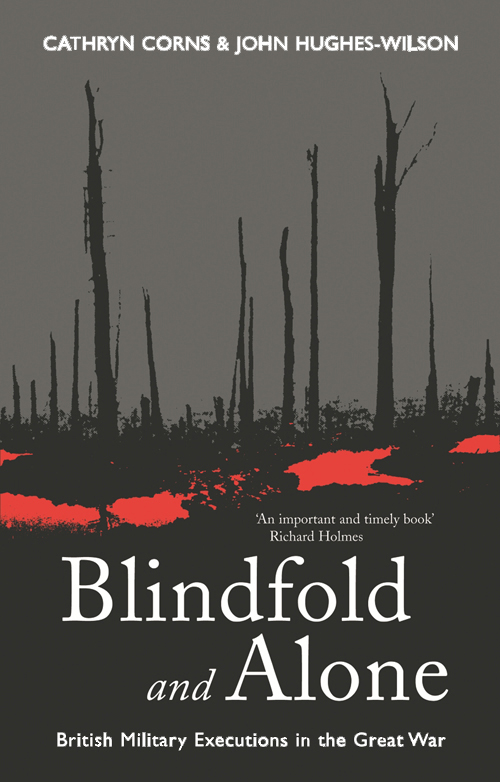A Weidenfeld & Nicolson ebook
First published in Great Britain in 2001 by Cassell
First published in ebook in 2015 by Weidenfeld & Nicolson
Copyright Cathryn Corns and John Hughes-Wilson 2001
The right of Cathryn Corns and John Hughes-Wilson to be identified as the author of this work has been asserted in accordance with the Copyright, Designs and Patents Act 1988.
All rights reserved. No part of this publication may be reproduced, stored in a retrieval system or transmitted in any form or by any means, without the prior permission in writing of the publisher, nor to be otherwise circulated in any form of binding or cover other than that in which it is published without a similar condition, including this condition, being imposed on the subsequent purchaser.
A CIP catalogue record for this book is available from the British Library.
ISBN: 978 1 4746 0319 5
The Orion Publishing Group Ltd
Carmelite House
50 Victoria Embankment
London, EC4Y 0DZ
An Hachette UK company
www.orionbooks.co.uk
Few things about the First World War evoke quite so much anger as the soldiers who were shot at dawn Blindfold and Alone is an important book, the first to make use of the court martial reports. Corns and Hughes-Wilson bring a welcome sense of perspective to the subject
Gary Sheffield, Mail on Sunday
Corns and Hughes-Wilson have amassed an unprecedented collection of case histories These make compelling, often moving reading
Max Hastings, Evening Standard
A grimly fascinating read exactingly researched and closely argued
Daily Telegraph
an excellent book Corns and Hughes-Wilson have written a powerful book
Joanna Bourke, Independent
An important and moving book that will provoke much discussion
Good Book Guide
shows in chilling detail how the military mind dealt with the misfits who seemed to threaten the battle morale of their comrades
Sunday Times
The authors are scrupulous in trying to understand the period in its own terms
Sunday Telegraph
The Coward
I could not look on Death, which being known,
Men led me to him, blindfold and alone.
RUDYARD KIPLING
Colonel John Hughes-Wilson is a military historian, author and broadcaster. He lectures on Military Law in Action. Cathryn Corns is a clinical scientist with a passionate interest in military history.
T his book grew out of the seminar held at the Royal United Services Institution, Whitehall in November 1997 chaired by the doyen of British military historians, Professor Sir Michael Howard, MC. The audience, which included the authors of two seminal works on the subject, was both knowledgeable and articulate and generated a thought-provoking discussion which subsequently appeared in the RUSI Journal. It is only proper, therefore, to acknowledge the debt we owe to the Director, Admiral Richard Cobbold, and the staff of the RUSI, in particular its Librarian, John Montgomery, for their unfailing help and encouragement.
Books like this do not get written without the help, generosity and kindness of others. Amongst the many people who have helped us, Judith Beresford who spent quite literally hours in the Public Record Office devilling on our behalf and without whose encyclopaedic knowledge of the First World War records this book could not have been written, and Monica Tasker whose proof-reading and editing experience proved invaluable, deserve special thanks and praise.
Among the various other sources we consulted, the staff of the Imperial War Museums Reading Room and Photographic Archive, the National Army Museum, the National Film Archive and Richard Davies, the Archivist of the Liddle Collection at the University of Leeds, have all contributed to a marked degree towards the new material in the book. The various members of the Public Record Office staff have as always and with unfailing patience helped us to find that last little bit of information.
All professional disciplines, especially the law, seem arcane and inaccessible to the layman: military law perhaps even more than most. Professor Gerry Rubin, Professor of Law at the University of Kent at Canterbury, has helped us to unravel what at times really did look like, in George Bernard Shaws memorable phrase, a conspiracy to confuse the layman.
At the end of the day, as with nearly all human endeavours, someone has to turn high-flown thoughts and words into reality. In our case it was Gill Smith, as rapid and accurate a typist as any author could wish, who actually did the work of transforming scribbles and drafts into a readable manuscript. Our grateful thanks go to her, and to our eagle-eyed copy editor Gillian Kemp. Last but not least, we owe a sincere debt of gratitude to Nick Chapman and Keith Lowe of Cassell Military books for having the vision to back a potentially contentious project. To them, and to all those who have contributed to a better understanding of a complex and emotive subject, go our most sincere thanks. We could not have done this without their help.
Acknowledgement is also made to the Keeper of the Records for permission to reproduce Crown copyright material in the Public Record Office and to the Keeper of the Liddle Collection, University of Leeds who gave permission to reproduce quotes from material in the collection. The authors are also grateful to the Senior Archivist at the Imperial War Museum for permission to quote from material in the collection and to Mrs Verity Walker for permission to use material from the diary of Capt. Westmacott. The authors have made every attempt to obtain copyright for material quoted in this book. In the event that we have accidentally infringed anyones copyright then we would request that person to contact the publishers.
To the memory of all those who fell in the Great War, no matter the means of their passing
T his is an important and timely book about an aspect of war which has haunted me there is no other word for it almost all my adult life. Although, taken in the round, the Second World War was a far larger historical event, the First World War has somehow burned itself deeper into our national consciousness. In a sense the Western Front is a metaphor for the war as a whole: a strip of murdered nature separating the old world from the new.
The wars terrible impact on British society as Cathryn Corns and John Hughes-Wilson point out, three out of five families were directly involved did not help rational analysis. Charles Carrington, brave participant and shrewd observer, thought that its history was speedily hijacked. Instead of the war he remembered it was a case of: Every battle a defeat, every officer a nincompoop, every soldier a coward. It was not until the twentieth century drew to its close that the debate became genuinely comprehensive, with Brian Bond, Tim Travers, Robin Prior, Trevor Wilson, Paddy Griffith and John Bourne among the scholars whose work has changed the way we think about the war.
Or has it? As any historian who has tried even mildly to be revisionist about Field Marshal Sir Douglas Haig on television will acknowledge, there is a corpus of opinion which is not overly interested in the facts because it has already made up its mind. Point out that it was more dangerous to be a British general in the First World War than the Second; that just over half the British soldiers who fought had volunteered to do so; or that in its war-winning offensive in the last hundred days of the war the British Army captured twice as many Germans as the French, Americans and Belgians put together, and your interlocutor will disagree on the grounds that, as Field Marshal Sir William Robertson used to put it, he has heard different.


